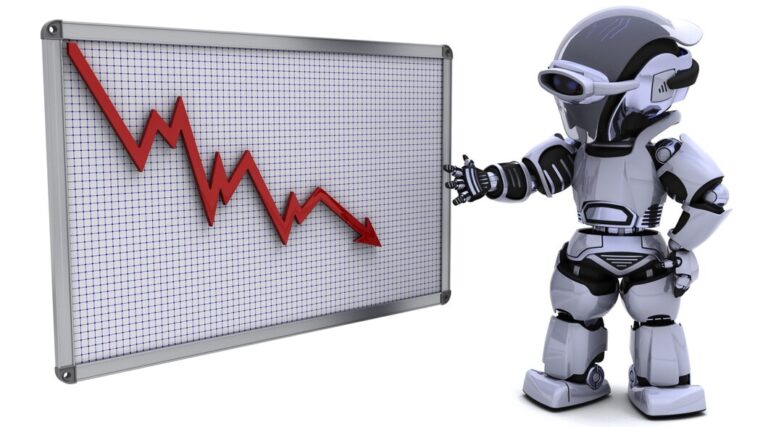In the fast-paced world of foreign exchange trading, technology continues to revolutionize the landscape. Among the most notable advancements are Forex robots, automated systems designed to execute trades on behalf of traders. As these robots become increasingly prevalent, it’s crucial to explore their impact on market efficiency.
forex robot, also known as Expert Advisors (EAs), utilize algorithmic strategies to analyze market data and make trading decisions. These algorithms are programmed to identify trading opportunities based on predefined parameters, such as price movements, technical indicators, and market trends. By automating the trading process, Forex robots aim to capitalize on opportunities with speed and precision, potentially maximizing profits and minimizing losses for traders.
One of the key ways Forex robots impact market efficiency is through their ability to execute trades swiftly and efficiently. Unlike human traders, robots can analyze vast amounts of data in milliseconds, enabling them to identify and act on opportunities in real-time. This speed advantage can lead to more efficient markets by quickly adjusting prices to reflect new information and reducing the impact of latency on trading outcomes.
Moreover, Forex robots can operate 24/7 without fatigue or emotion, which are common pitfalls for human traders. Emotions like fear and greed can cloud judgment and lead to irrational decision-making, potentially causing inefficiencies in the market. In contrast, robots trade based solely on predefined criteria, eliminating emotional biases and promoting rational trading behavior.
Another aspect of market efficiency impacted by Forex robots is liquidity. These automated systems can facilitate trading volume by continuously participating in the market, providing liquidity when needed. Increased liquidity can lead to tighter spreads and reduced transaction costs, benefiting traders and enhancing overall market efficiency.
Furthermore, Forex robots contribute to market efficiency by fostering price discovery. As these systems analyze market data and execute trades based on specific criteria, they contribute to the price formation process by incorporating new information into market prices. This continuous flow of information helps ensure that prices accurately reflect supply and demand dynamics, enhancing market efficiency.
However, it’s essential to recognize that Forex robots are not without their limitations and potential drawbacks. One concern is the risk of over-reliance on automated trading systems, which can lead to complacency and reduced vigilance among traders. Additionally, the proliferation of Forex robots could contribute to market fragmentation, as different algorithms may react differently to the same market conditions, potentially creating dislocations in pricing.
Moreover, the effectiveness of Forex robots depends heavily on the quality of their algorithms and the accuracy of their parameters. Poorly designed or outdated algorithms may produce suboptimal results, leading to losses for traders and potentially disrupting market efficiency. Therefore, continuous monitoring and optimization are necessary to ensure that Forex robots adapt to evolving market conditions effectively.
Regulatory considerations also play a significant role in shaping the impact of Forex robots on market efficiency. Regulatory authorities must strike a balance between fostering innovation and ensuring market integrity and investor protection. Robust regulatory frameworks can help mitigate risks associated with automated trading and promote fair and orderly markets, thereby enhancing overall market efficiency.
In conclusion, Forex robots have a significant impact on market efficiency, offering benefits such as increased speed, liquidity, and price discovery. By automating trading processes and eliminating emotional biases, these systems can enhance market efficiency and improve trading outcomes for participants. However, it’s essential to recognize the potential limitations and risks associated with automated trading and implement appropriate safeguards to ensure market integrity and stability. As technology continues to evolve, the role of Forex robots in shaping the future of financial markets will undoubtedly remain a topic of interest and scrutiny.


